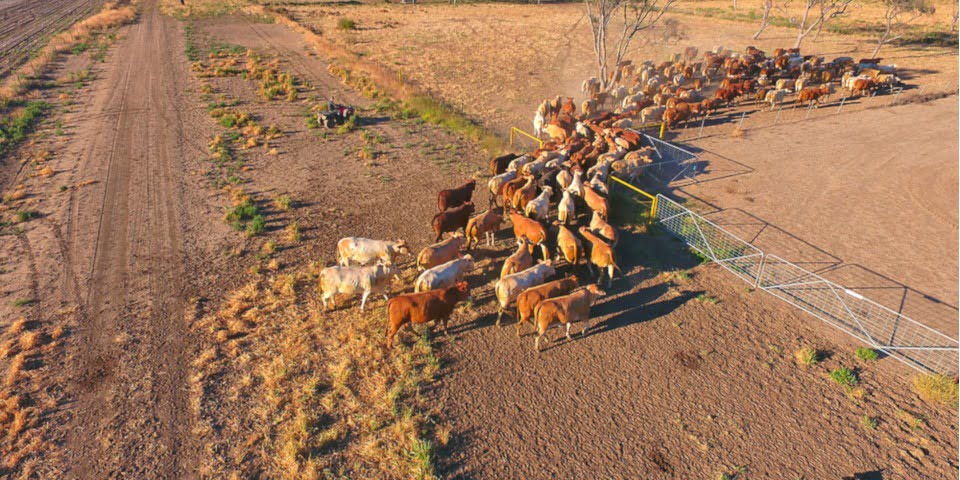Small Business and Family Enterprise Ombudsman Kate Carnell has welcomed the new $5 billion Future Drought Fund.
The fund will help farmers prepare for future droughts in Australia.
It was announced at the national drought summit in Canberra last month. The summit brought together state and federal governments, weather experts, farm lobbyists and charities.
Focus on mental health
In particular, Ms Carnell praised the fund’s focus on expanded mental-health services, especially for smaller-scale farmers.
“Running a farm or a small business during an extensive period of drought is one of the toughest situations to be in as a business owner,” she said.
“This new fund will deliver crucial water-infrastructure and drought-resilience projects. But it will also provide more access for more people to mental-health services and support.
“Never underestimate the importance of mental health. We know that one in five Australians will experience a mental health issue at some stage in their life.
“For farmers, many experience high levels of stress for a prolonged period of time. (Mental-health charity) Beyond Blue research shows male farmers die by suicide at rates significantly higher than for the general population and non-farming rural males.
“This is why additional mental-health services are so crucial. The more support for farmers and small business owners facing high rates of stress and depression, the better.”
‘Early intervention is key’
The $15.5 million funding boost for mental-health services will go towards early intervention and community wellbeing services.
“Early intervention is key,” Ms Carnell said. “A further $3.6 million will expand Medicare Benefit Services to enable local doctors to offer mental-wellbeing support services via telehealth to rural and remote patients.”
The government has also pledged $30 million to key charities to provide support to at least 10,000 households facing hardship.
“As long as these funds are used within the drought-affected communities, it should provide a much needed injection back to those who need it most,” Ms Carnell said. “That is, the small and family businesses trying to keep afloat during these periods of prolonged drought.”




